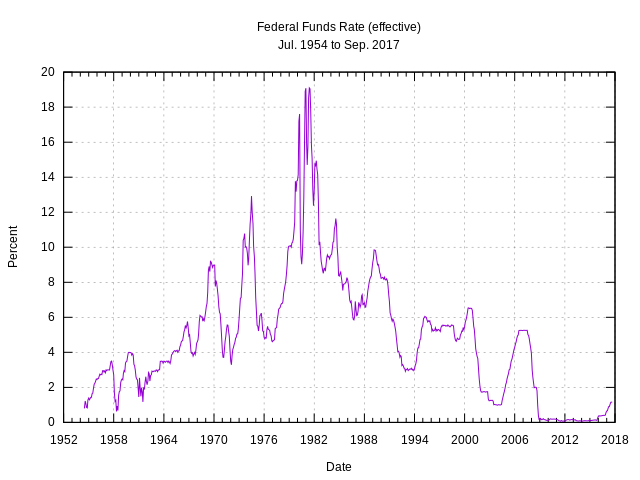- Texas Speaker
Joe Straus has two Tea Party affiliated challengers to his seat in the upcoming primary election. Straus represents the
121st district in the Texas House. Tea Party opponents , who think Straus is too liberal, have failed to defeat him in two previous primary challenges. They think he might be more vulnerable if he has to face two challengers since he might not win a majority and could defeated in a run-off with low turnout: See
Straus faces two-candidate challenge from the far right in Republican primary.
- I still need to post items detailing the recent spending bill. It contains a variety of items (riders) related to non-spending issues including rules loosening campaign spending rules. Some allowing greater use of what is called dark money - dark because its source can;t be traced. This a road we've been heading down for decades: See:
White House surrenders on 'dark money' regulation.
- Dark money is also becoming more influential in state races. States vary in their policies regarding transparency - Texas requires little. Most of the additional money spent on campaigns since the Citizens United decision removed many caps on expenditures has been through channels that do not require disclosure. Much of this spending on state races comes from groups located in other states, but the precise source is difficult to determine, and there are sufficient loopholes in place to continue to make them secret. See: '
Dark money' grows in politics even as states try to stop it.
- Texas Lieutenant Governor Dan Patrick is continuing to shape the state panels by appointing people with more conservative bona-fides. This includes the Sunset Commission and the Legislative Budget Board. Among the recent appointees of the latter is area state senator Larry Taylor. See:
Dan Patrick shows, through new panel picks, that he wants a more conservative Texas Senate.
- A common theme regarding the early race for the Republican nomination has been what impact Trump will have on the party and whether a division might emerge within it that leads to a third party run. Most previous analyses have looked at the possibility the Trump runs as a third party candidate is he looses the nomination. Here's a look at the possibility that a traditional Republican runs as a third party candidate if Trump wins the nomination. See:
Will the GOP Mount a Third-Party Challenge to Trump?
- Is Trump's campaign organization playing with fire? Lot's of Trump's activities are being performed by people that work in many of his businesses, which creates problems since these are to be treated as campaign expenses, meaning that they are to be reported as such. Trump appears to be testing the limits of campaign funding law. See:
Trump’s reliance on business questioned.









